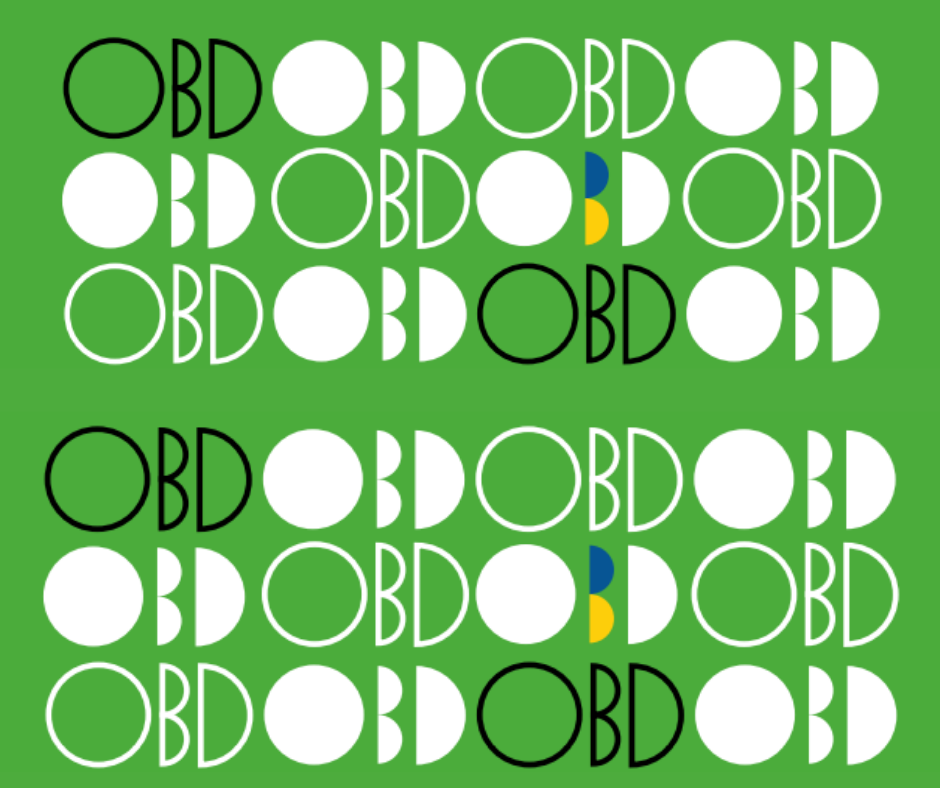Environmental impact assessment (EIA) is a state tool for the assessment of the project, which may be harmful to the environment. EIA should ensure the achievement of environmental standards and public participation in decision-making on such projects.
Currently, this tool does not work well because of several fundamental problems: data on the state of the environment are incomplete, the responsible state bodies do not have sufficient resources, and they depend on the regional authorities.
These problems were analyzed in Ecoclub`s study “Environmental Impact Assessment: Conditions and Experience of Implementation in Ukraine”, which was presented on October 19, 2021.
Investing in new businesses can bring development to communities, but it can also lead to air, water pollution, and human disease.
An environmental impact assessment (EIA) must find a balance between these factors. Currently, this tool does not work well because of a number of reasons highlighted in the published study.
– Authorized territorial bodies (currently it is the Department of Ecology of regional state administrations) do not represent the interests of communities that may be affected by the activities of enterprises, and they depend on the political will of management.
In the current EIA system there is no single responsible, who makes the decision about carrying out any activity, Vitaly Kitovsky speaks.
Those, who deside if the activities are eligible or not aren`t responsible before territorial communities for their decision.
When local communities decide to make land available for use, they do not consider whether the activity will be harmful to the environment. Then the conclusion is issued by the Department of Ecology, which reports to the head of the regional state administration and is completely dependent on him. Therefore, due to a certain conflict of interest, the decision will not be independent.
The final decision on the start of activities is proving the State Inspectorate for Urban Development, which checks only the formality: whether there is a positive conclusion or not, they are not interested in what exactly the planned activity will be, – says the expert.
– Bodies, which are responsible for conducting EIA suffer from a lack of human, financial, and expert resources. Therefore, they are often not able to give a qualified assessment of the EIA report, and therefore these reports are significantly dependent on the entities that order them.
The number of employees who analyze whether the work of enterprises will be safe is different in different regions:
In some regions, it is only a few people, and at the same time they have to analyze hundreds of reports on their own, notes the head of Expert and advisory center “Legal Analytics” Maryana Vyniarska. – In general, the number of employees who deal with the preparation of conclusions on EIA in the regional state administration,– from 2 to 8 people (on average – 4 employees). The number of employees involved in the preparation of conclusions on EIA does not always depend directly on the number of conclusions prepared at the regional level.
– Lack or presence of incomplete information about the state of the environment. Not all regional state administrations have provided access to regional reports on the state of the environment to the public, and the available reports do not have a general structure.
“We recommend ensuring the comparability of the results of monitoring observations both in time and space. It is also important to provide free online access to monitoring data in a convenient form: all data of monitoring observations, together with different types of research should be freely available online”, – says Olena Kondratyuk, an analyst at the Ecoclub.
You can download the study (in Ukrainian)
Download summary of the study (in English)











